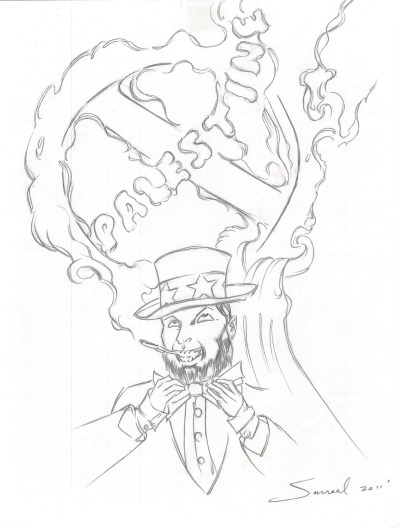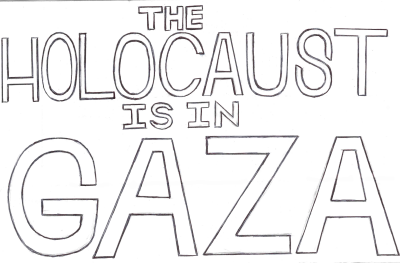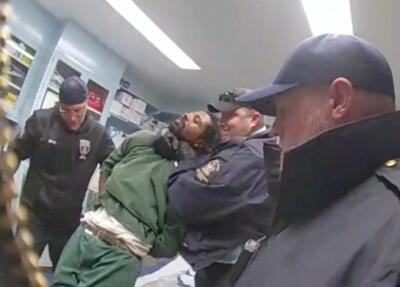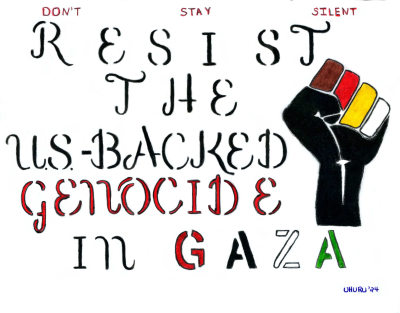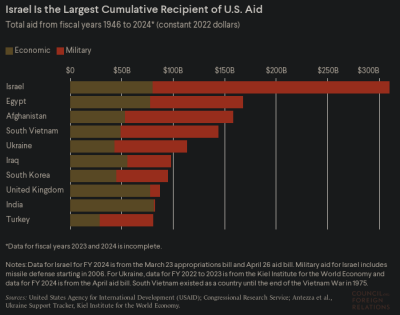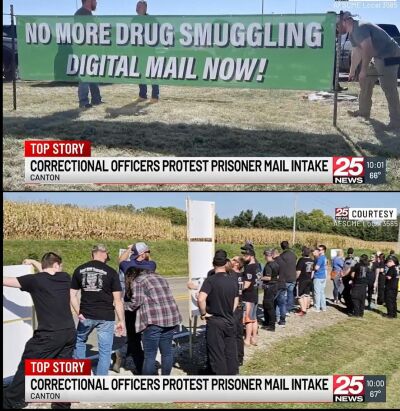
4 People Own $1 Trillion Dollars - Should We Tax Them?
UPDATED VERSION AFTER TRUMP’s INAUGURATION
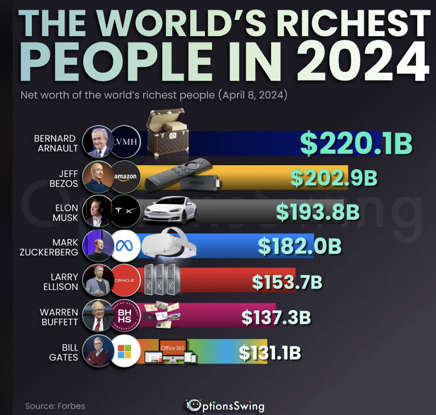
A group called Americans For Tax Fairness posted an announcement online that:
“The wealth of the four richest Americans hit $1 TRILLION yesterday.
“It’s the first time in history the net worth of just four men – Musk, Bezos, Ellison, Zuckerberg – has hit the trillions.
“These four men were worth $74 billion twelve short years ago.
“Tax billionaires.”
A startling increase in wealth for sure. And who could possibly use so much wealth? Have their lives even changed with this increase of wealth of two orders of magnitude? Did they even notice? In related news people are up in arms about one of the 4, Jeff Bezos, putting on a $600 million wedding.
Later this month, the wealth at Trump’s inauguration also topped $1 trillion, with three of the above attending with many other tech CEOs. One of them, Musk, ended a speech with a powerful seig heil (Nazi salute). Ellison also met with Trump within days of his presidency beginning.
It is true that any of these individuals could take a chunk of that wealth and ride off into the sunset, never to be heard from again. But like any one of us, we can only operate within the laws of the world we were born into. And the laws of capitalism would just fill that slot with another individual.
We’ll let Engels explain this in more depth:
“The capitalistic mode of production moves in these two forms of the antagonism immanent to it from its very origin. It is never able to get out of that”vicious circle” which Fourier had already discovered. What Fourier could not, indeed, see in his time is that this circle is gradually narrowing; that the movement becomes more and more a spiral, and must come to an end, like the movement of the planets, by collision with the centre. It is the compelling force of anarchy in the production of society at large that more and more completely turns the great majority of men into proletarians; and it is the masses of the proletariat again who will finally put an end to anarchy in production. It is the compelling force of anarchy in social production that turns the limitless perfectibility of machinery under modern industry into a compulsory law by which every individual industrial capitalist must perfect his machinery more and more, under penalty of ruin. But the perfecting of machinery is making human labour superfluous. If the introduction and increase of machinery means the displacement of millions of manual by a few machine-workers, improvement in machinery means the displacement of more and more of the machine-workers themselves. It means, in the last instance, the production of a number of available wage-workers in excess of the average needs of capital, the formation of a complete industrial reserve army, as I called it in 1845, available at the times when industry is working at high pressure, to be cast out upon the street when the inevitable crash comes, a constant dead-weight upon the limbs of the working class in its struggle for existence with capital, a regulator for the keeping of wages down to the low level that suits the interests of capital. Thus it comes about, to quote Marx, that machinery becomes the most powerful weapon in the war of capital against the working class; that the instruments of labour constantly tear the means of subsistence out of the hands of the labourer; that the very product of the worker is turned into an instrument for his subjugation. Thus it comes about that the economising of the instruments of labour becomes at the same time, from the outset, the most reckless waste of labour-power, and robbery based upon the normal conditions under which labour functions; that machinery, the most powerful instrument for shortening labour-time, becomes the most unfailing means for placing every moment of the labourer’s time and that of his family at the disposal of the capitalist for the purpose of expanding the value of his capital.” - Frederick Engels, Anti-Duhring
For those four people to keep increasing their wealth, is to fulfill their destiny in the system of capitalism. It is not a question of persynal greed, nor of humyn nature, rather it is the natural law of the current economic structure.
The call to tax billionaires is ultimately a futile act in opposition to the laws of the capitalist machine. It is possible to do, and could change the balance of wealth among those living in the most wealthy country in the world. But the tendency of the laws of capitalism is to go back to this point, and surpass it, in terms of the concentration of wealth. This tendency to concentrate wealth, to maintain profitability by out-competing others, is one of the inherent contradictions in the capitalist system that require its end.
In his last speech as president, Joe Biden pandered to the labor aristocracy with a hypocritical condemnation of a rising oligarchy. People want to pretend that U.$. imperialism wasn’t always run in the interests of the largest corporations. This growing concentration of wealth is a law of capitalism that Marx exposed 170 years ago.
Marx & Engels also wrote about how the inherent contradictions of capitalism build a “reserve army” of labor, excluding more and more from participating in the wage system. Even in the richest country of the world, where there is virtually no proletariat like that described by Engels above, these laws of capitalism apply and we have a class we call the First World lumpen. A class that is excluded by capitalism – the only economic system that has ever had a thing called “unemployment.” The idea that there is no work for some people to do is unheard of in most of humyn history, as well as in socialist countries of the past like the USSR and China.
In 2024, homelessness increased 18%, following a 12% increase in 2023. The official count is over 770,000 people, meaning real numbers are approaching a million.(1) That is still less than half the people we have locked in prisons and jails in this country. And both numbers may continue to surge with proposed plans under the second Trump regime. However, mass deportations could also contribute to a decline in homelessness, as migrant raza make up a significant portion of those without houses.(2)
Most of the people in the United $tates raise their pitchforks at these billionaires in hopes of raising their taxes to maintain the standard of living here. These people believe in the system, just think it needs to change a bit. The First World lumpen are at least torn, in that they benefit from operating against the rules of the system, while also receiving some benefits from it. As contradictions spiral up, as Engels describes, the lumpen will be some of the first to see opportunity in the destruction of the old and the creation of something new, in particular the oppressed nation lumpen, who we identify in our analysis, “Who is Lumpen in the United $tates?”
1. Michael
Casey, 27 December 2024, US homelessness up 18% as affordable housing
remains out of reach for many people, Associated Press.
2. Communist
Party of Aztlán, November 2024, On Homelessness: A Growing Site of
Lumpen Organizing, Under Lock & Key 87.
Related Articles:








